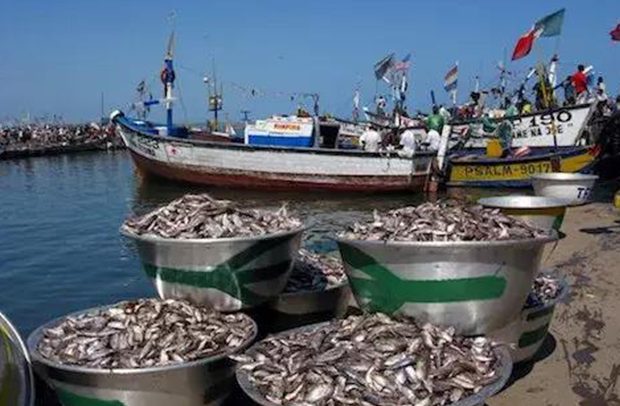Of the many resources taken for granted as though they are inexhaustible, none, arguably surpasses our fish stock.
Our fish stock has never suffered the current declining numbers and unless something more urgent than it is happening now is done, the situation could be too costly to reverse.
The science of the situation is worrying and surprisingly the red flag which should be raised is yet to be seen.
Our unsustainable fishing practices, in spite of expert interventions and enforcement, is not inuring to a healthy fishing practice.
The harvesting of juvenile fish using unapproved nets, among other inappropriate practices, are shortcomings which must be tackled immediately and effectively.
Given the already depleted fish stock situation, the best of remedial measures and sincerely so will take beyond a decade or twice before a reversal will be witnessed, experts have said.
We have already witnessed the disappearance of some fish species, a reality occasioned by the unsustainable practices as aforementioned pointed out.
Government’s decision to create a whole ministry to originate policies that would support the sustainable harvesting of fish, and do same for aquaculture could not have come a more opportune time. The enforcement segment is the weak link in the chain.
The opposition to the closed season to allow for fish species to spawn is nothing but ignorance about the science of fishery on the part of fishers.
It is our position that the Fisheries Commission, in conjunction with the canoe fishermen’s association or others, which have something to do with the occupation, should organise periodic seminars or workshops to sensitise players in the critical fishery industry about the need to follow the advice of experts in the field.
As the source of protein and others required for our wellbeing, and as a source of livelihood for many of our people coupled with the fact that hardly is there any dish in the country without fish, we cannot afford to treat this subject with kid’s gloves.
The bond between the Fisheries Commission and the fishers’ associations should wax even stronger so that science-driven decisions can be imparted effectively and for effect. Thankfully, the Board of the Fisheries Commission has a representation from the fishermen.
The business-as-usual approach to the industry would not help us hence the need for a fresh template. We shudder to think about what would happen to us when the authorities fail in their attempts at arresting the unsustainable practices.
The destruction of spawning sites such as estuaries and lagoons, through the dumping of hazardous materials, is continuing as though nothing is amiss. Something should be done to reverse this picture, the effects of which are already too glaring for comfort.
Plastic particles and how these are killing marine life can only be imagined yet, policies to stem the anomaly are yet to be seen.
Enforcement, knowledge and best practices are the only means by which the current depleting state of our fish stock can be arrested.


